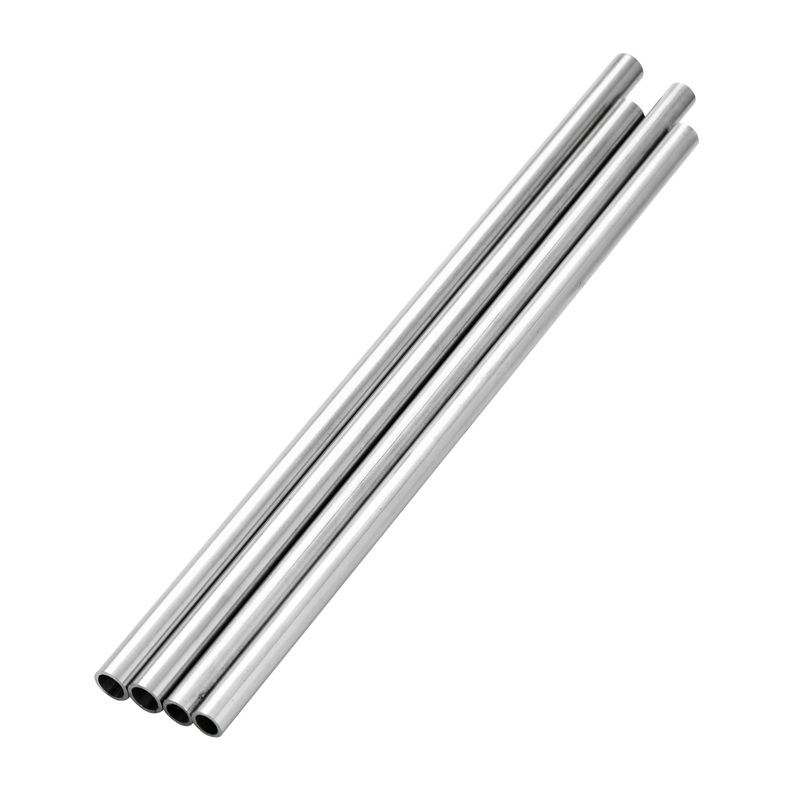

Understanding Mechanical Spares Importance and Considerations
Mechanical spares play a crucial role in the maintenance and operation of machinery and equipment across various industries. From manufacturing plants and construction sites to automotive services and household appliances, the need for spare parts is universally acknowledged. This article aims to shed light on the significance of mechanical spares, the factors to consider when sourcing them, and how they contribute to operational efficiency.
The Importance of Mechanical Spares
Mechanical spares are essential components that enable machines and devices to function smoothly. They include a wide range of items, such as gears, bearings, belts, seals, and electronic components. The primary function of these spares is to replace worn-out or broken parts, ensuring that equipment remains operational. Without timely replacement of mechanical spares, machinery can experience increased downtime, leading to lost productivity and potential financial losses.
In industries where precision and reliability are paramount, the importance of high-quality mechanical spares cannot be overstated. Quality spares not only prolong the life of machinery but also enhance performance. For instance, using genuine parts or high-quality substitutes can improve efficiency, reduce energy consumption, and ultimately lead to cost savings.
Key Considerations When Sourcing Mechanical Spares
When it comes to procuring mechanical spares, several factors must be taken into account to ensure that the chosen components meet the required standards and specifications. Here are some essential considerations
1. Compatibility The spare parts must be compatible with the machinery they are intended for. It’s vital to reference the original equipment manufacturer (OEM) specifications to ensure proper fitment and functionality.

2. Quality The quality of spare parts directly impacts the performance and longevity of the equipment. It is advisable to select parts that are either OEM-certified or sourced from reputable manufacturers known for their quality standards.
3. Availability The availability of spares is critical for maintaining operational continuity. Companies should ensure that they have access to a reliable supply chain that can deliver necessary components promptly to minimize downtime.
4. Cost While it may be tempting to choose cheaper alternatives, it is crucial to consider the long-term implications of cost versus quality. Poor-quality parts may lead to frequent replacements and increased maintenance costs.
5. After-sales support It is beneficial to select suppliers who offer comprehensive after-sales support, including warranties and technical assistance. This support can provide peace of mind and additional value to the purchasing decision.
6. Inventory management Maintaining an adequate inventory of critical spare parts can significantly impact operations. Companies should assess their usage patterns and maintain stock levels that align with their operational demands.
Conclusion
In conclusion, mechanical spares are indispensable for the efficient operation of machinery across various sectors. Their significance extends beyond mere replacements; they are vital for ensuring the safety, efficiency, and reliability of equipment. By carefully considering factors such as compatibility, quality, availability, cost, after-sales support, and inventory management, businesses can make informed decisions when it comes to sourcing mechanical spares. In doing so, they not only enhance operational efficiency but also ensure that their machinery remains in optimal condition, contributing to sustained productivity and success.